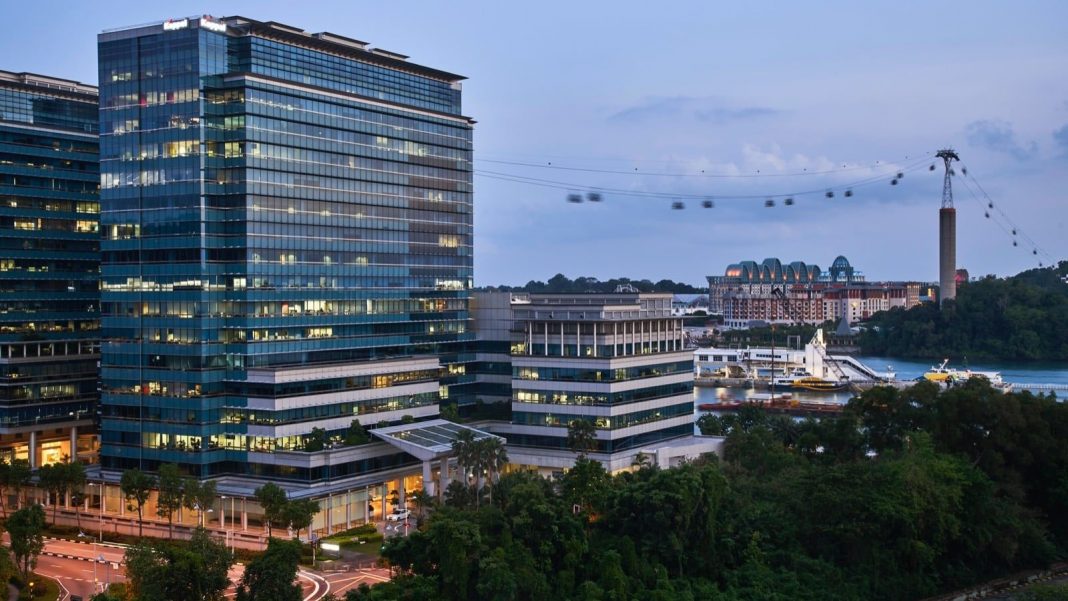VIETNAM: In a strategic move to meet the soaring demand for artificial intelligence (AI) services and data centres, Singaporean asset manager Keppel and Vietnamese conglomerate Sovico Group are in discussions about the potential construction of new undersea fibre-optic cables.
According to The Star, these cables would be critical in enhancing the region’s digital infrastructure.
South-East Asia, a key hub for cables connecting Asia to Europe, is seeing a rapid expansion of its undersea networks as countries in the region work to support the growing needs of the digital economy.
Vietnam alone plans to add 10 new submarine cables by 2030.
The ongoing Sino-American tech rivalry has cast a spotlight on undersea cables, with both superpowers vying to secure contracts for the construction and maintenance of these vital links that carry most global internet data, including sensitive information.
One of the plans being considered involves laying a direct cable between Vietnam and Singapore, with an estimated cost of US$150 million.
However, discussions on this potential project remain fluid, with sources indicating that Sovico favours the direct link while Keppel is pushing for a more ambitious plan involving a consortium of investors.
Under this alternative plan, Sovico’s proposed cable to Vietnam would be part of a larger project connecting Singapore to Japan, with further links to various countries along the route.
However, no agreements have been finalized, and the details of the negotiations are still evolving.
Sovico, which operates in industries such as aviation and banking, recently made headlines with its data centre development initiatives.
While the company declined to comment on the ongoing discussions with Keppel, its executive had previously raised the subject of the cable plans in a meeting with Vietnam’s Prime Minister Pham Minh Chinh and other stakeholders in the digital economy.
Keppel, a key player in the region’s data centre and undersea cable industries, is also expanding its footprint in AI-ready infrastructure, as evidenced by its recent purchase of a data centre facility in Japan.
While Singapore remains a major hub for such projects, its data-usage capacity is nearing saturation, which makes these proposed cables even more significant.
Although no decisions have been made regarding the construction of either of the proposed cables, sources indicated that Chinese contractors would not be involved in the Vietnam-Singapore direct link.
U.S. officials have reportedly briefed Vietnamese and Singaporean authorities about the potential risks of involving Chinese contractors, citing concerns over national security and broader geopolitical tensions.
These new cable plans are separate from previous announcements by Vietnamese companies to invest in four new undersea cables, with some set to be constructed by Japan’s NEC and China’s HMN Technologies.
As talks continue, the future of Southeast Asia’s digital infrastructure remains in the spotlight, with key decisions on the horizon that could shape the region’s role in the global data economy.




